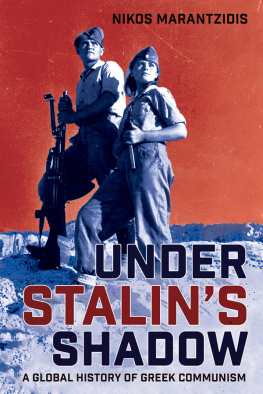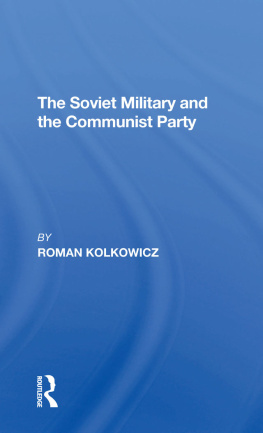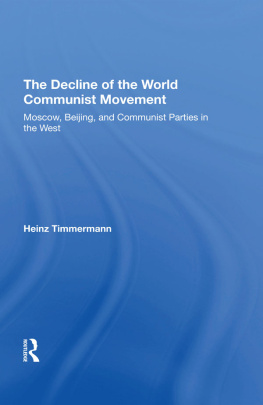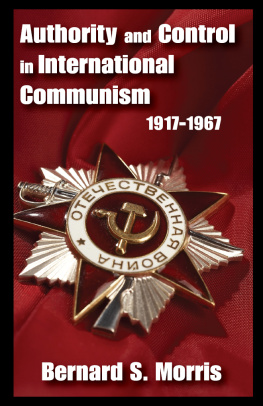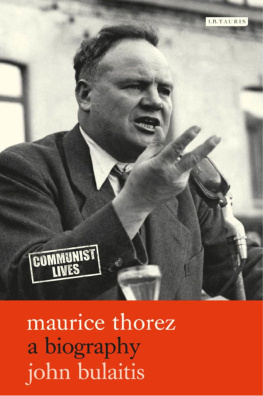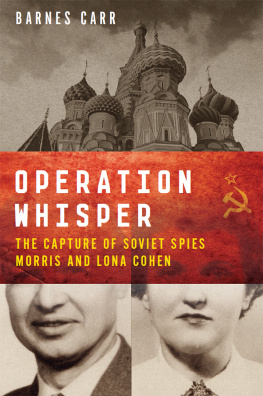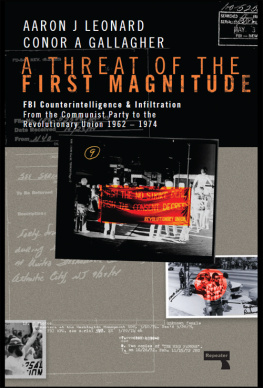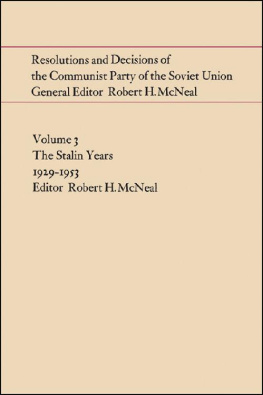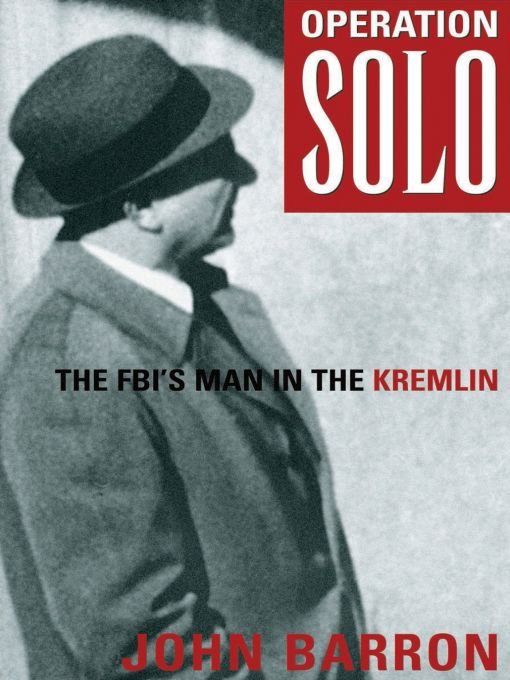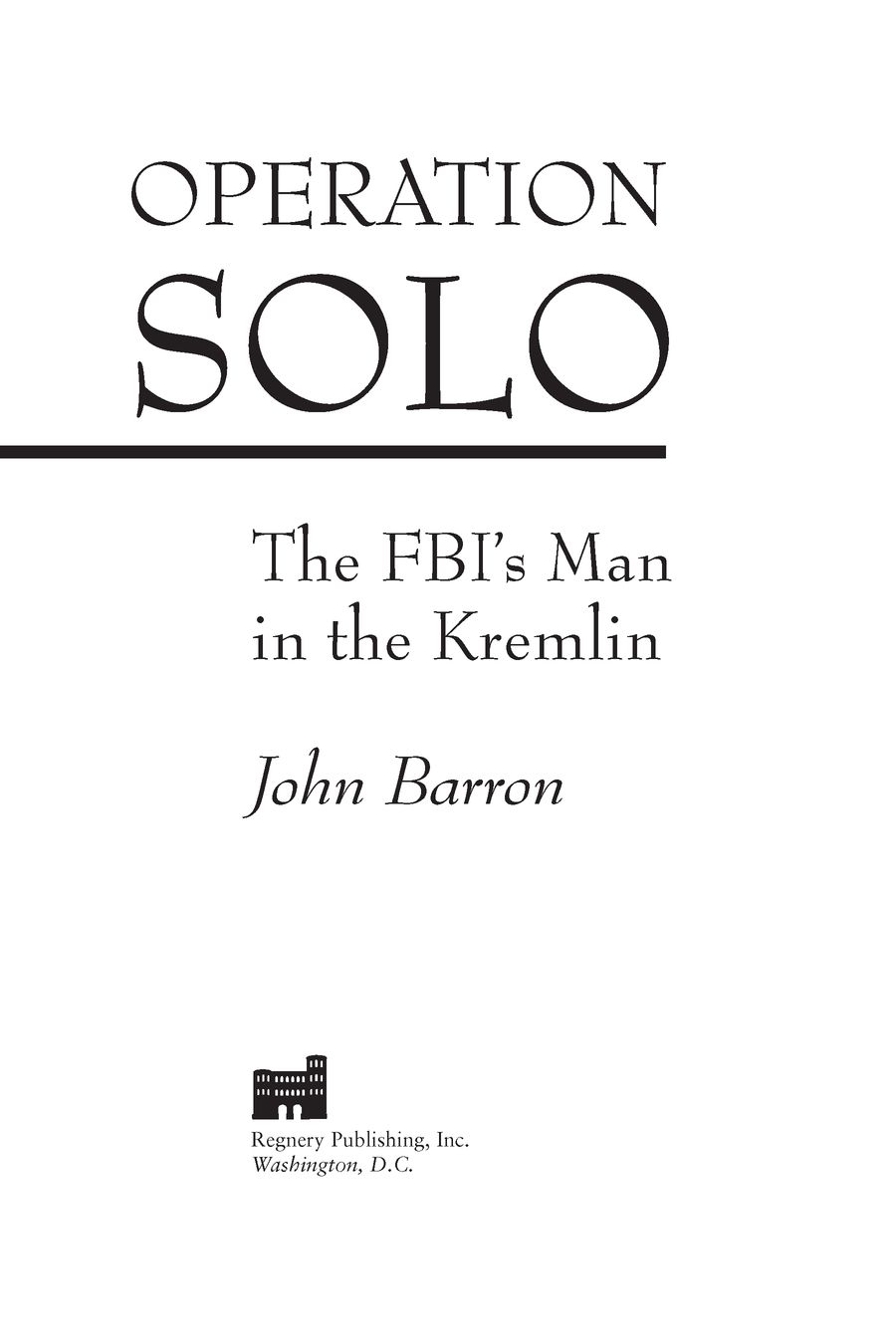Barron John - Operation Solo : the FBIs man in the Kremlin
Here you can read online Barron John - Operation Solo : the FBIs man in the Kremlin full text of the book (entire story) in english for free. Download pdf and epub, get meaning, cover and reviews about this ebook. City: Washington, D.C., United States, year: 1995, publisher: Regnery Publishing, genre: Politics. Description of the work, (preface) as well as reviews are available. Best literature library LitArk.com created for fans of good reading and offers a wide selection of genres:
Romance novel
Science fiction
Adventure
Detective
Science
History
Home and family
Prose
Art
Politics
Computer
Non-fiction
Religion
Business
Children
Humor
Choose a favorite category and find really read worthwhile books. Enjoy immersion in the world of imagination, feel the emotions of the characters or learn something new for yourself, make an fascinating discovery.

- Book:Operation Solo : the FBIs man in the Kremlin
- Author:
- Publisher:Regnery Publishing
- Genre:
- Year:1995
- City:Washington, D.C., United States
- Rating:4 / 5
- Favourites:Add to favourites
- Your mark:
Operation Solo : the FBIs man in the Kremlin: summary, description and annotation
We offer to read an annotation, description, summary or preface (depends on what the author of the book "Operation Solo : the FBIs man in the Kremlin" wrote himself). If you haven't found the necessary information about the book — write in the comments, we will try to find it.
Operation Solo ventures into the recesses of the Kremlin and the FBI. Agent 58 was present at the 20th Party Congress in Moscow when Khrushchev became the first Soviet leader to document and condemn the mass murders engineered by Josef Stalin. The secret speech was such a damning indictment of Soviet communism that it was intended only for the ears of the party oligarchy, but Morris Childs was able to obtain a copy for the FBI. Communism never fully recovered from the effects of the speechs publication by the U.S. State Department.
This operation - which the FBI officially considers the greatest in its history - forewarned the United States of Soviet intentions in Berlin, of the Soviet invasion of Czechoslovakia, of the details, from the inception, of the Sino-Soviet split, of Soviet subversion in Africa and Latin America, and much more. Through first-hand accounts, Operation Solo tells the story of the conflicts within the FBI and American intelligence about the operation and how the FBI, through extraordinary measures, managed to keep that operation hidden from everyone, including the CIA. Read more...
Abstract: Operation Solo is Americas greatest spy story. For 17 years, Morris Childs, code named Agent 58, provided the United States with the Kremlins innermost secrets. Repeatedly risking his life, Agent 58 made 51 clandestine missions into the Soviet Union, China, Eastern Europe, and Cuba. Because Morris was in effect the second-ranking man in the U.S. Communist Party, he was treated like royalty by communist leaders worldwide. They never knew he was working for the FBI.
Operation Solo ventures into the recesses of the Kremlin and the FBI. Agent 58 was present at the 20th Party Congress in Moscow when Khrushchev became the first Soviet leader to document and condemn the mass murders engineered by Josef Stalin. The secret speech was such a damning indictment of Soviet communism that it was intended only for the ears of the party oligarchy, but Morris Childs was able to obtain a copy for the FBI. Communism never fully recovered from the effects of the speechs publication by the U.S. State Department.
This operation - which the FBI officially considers the greatest in its history - forewarned the United States of Soviet intentions in Berlin, of the Soviet invasion of Czechoslovakia, of the details, from the inception, of the Sino-Soviet split, of Soviet subversion in Africa and Latin America, and much more. Through first-hand accounts, Operation Solo tells the story of the conflicts within the FBI and American intelligence about the operation and how the FBI, through extraordinary measures, managed to keep that operation hidden from everyone, including the CIA
Barron John: author's other books
Who wrote Operation Solo : the FBIs man in the Kremlin? Find out the surname, the name of the author of the book and a list of all author's works by series.

